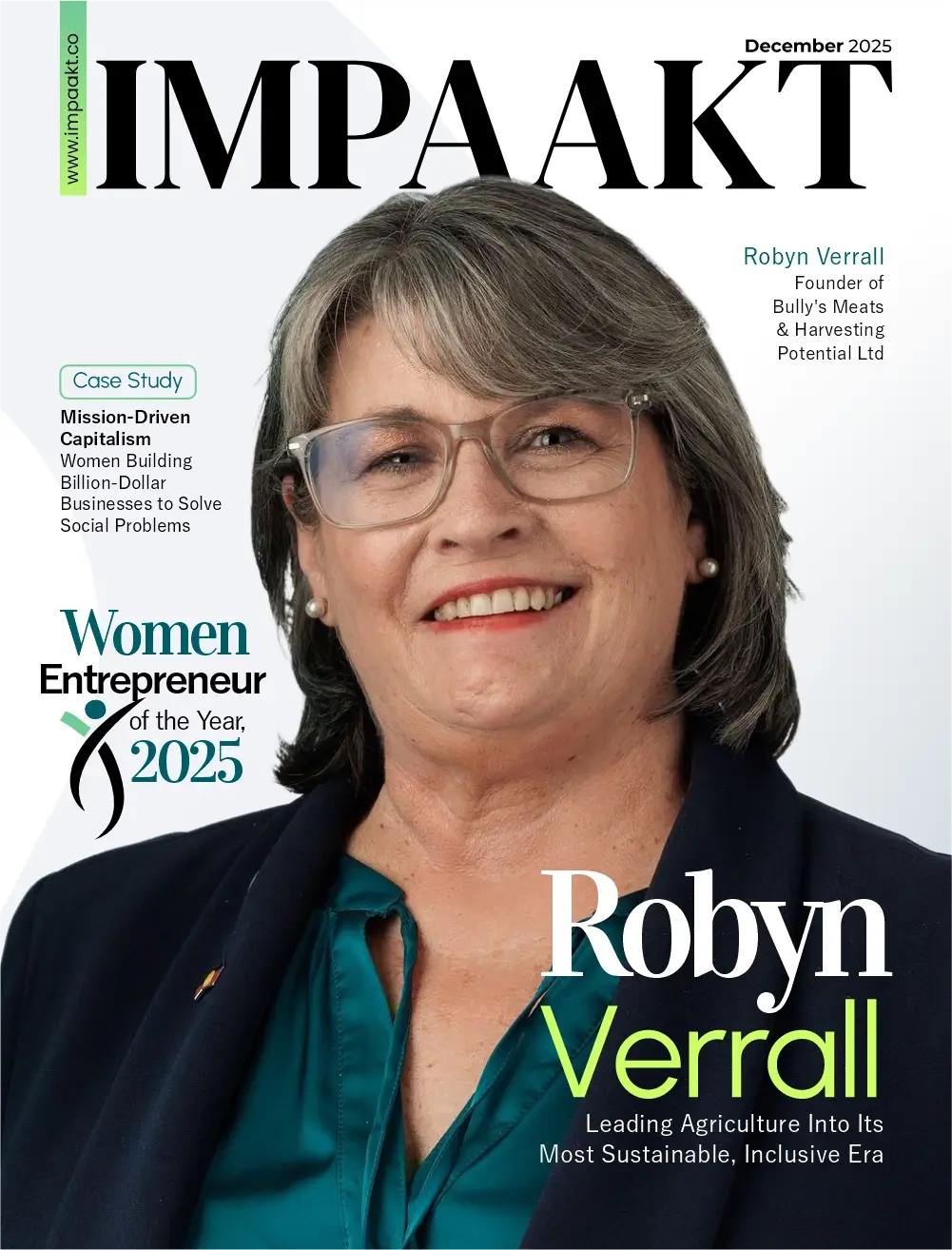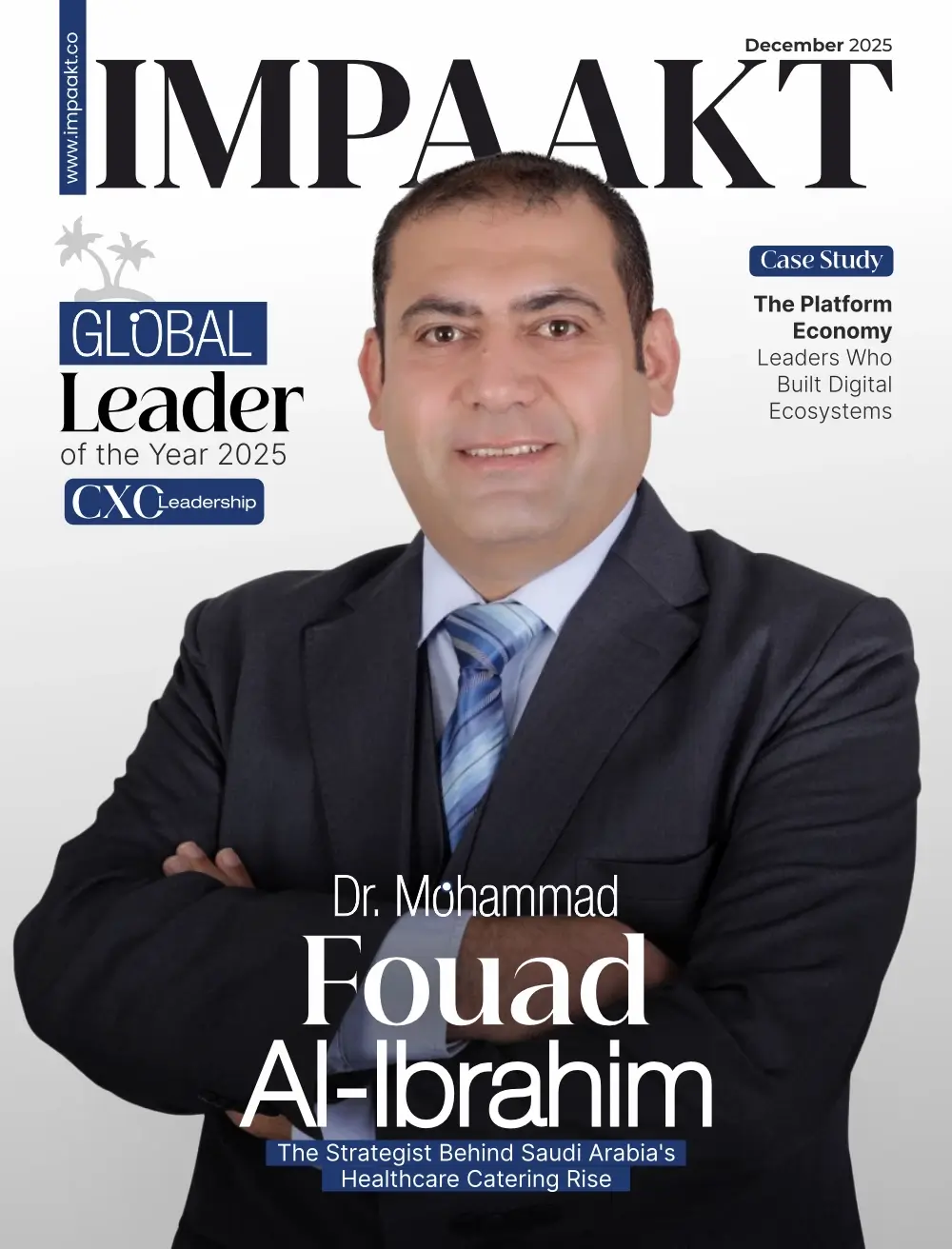The world’s major inaugural summit on artificial intelligence (AI) safety has commenced in the United Kingdom, uniting prominent political and tech figures to address the profound challenges posed by AI.
Among the dignitaries present are British Prime Minister Rishi Sunak, U.S. Vice President Kamala Harris, EU Chief Ursula von der Leyen, and U.N. Secretary-General Antonio Guterres. The central focus of this two-day conference is the burgeoning apprehensions related to “frontier AI,” denoting the latest and most advanced AI models. While these technologies offer great promise, they also evoke concerns about issues such as job displacement, cybersecurity, and the extent of human control over AI systems.
Prime Minister Sunak, the driving force behind this gathering, has articulated his ambition to foster international collaboration in ensuring the safety of AI systems before their deployment. He underscores the significance of forging a groundbreaking international consensus on AI risks, likening this endeavor to the approach taken in addressing climate change.
However, there have been indications of a tempered enthusiasm, with London reportedly scaling back some of its more ambitious proposals, such as establishing a new regulatory body.
Intriguingly, Italian Prime Minister Giorgia Meloni stands out as one of the few G7 leaders participating in the conference, emphasizing the variance in global recognition of AI’s import.
The attendance of Elon Musk, a notable figure in the AI space, is anticipated, though the location, Bletchley Park, carries historical weight as the site where British codebreakers famously deciphered the Nazi “Enigma” code.
While AI’s potential is undeniably promising, the unbridled development of AI systems raises concerns. Prime Minister Sunak’s emphasis on fostering a shared global understanding of AI risks is pertinent. Yet, skepticism lingers; Cori Crider, an advocate for equitable technology, questions whether the summit will yield substantive outcomes and highlights the absence of labor and data protection regulators.
In response to criticism focused on AI risks, the UK has pledged $46 million to fund AI projects worldwide, with an initial focus on Africa.
In preparation for the summit, the G7 nations reached consensus on a non-binding “code of conduct” for companies engaged in advanced AI development. Furthermore, the U.S. government has unveiled plans to establish safety standards for AI deployment, requiring companies to submit specific AI systems for government review.
Ministers from Italy, Germany, and France have called for an “innovation-friendly approach” to AI regulation in Europe and have emphasized the need for increased investment to compete with major players like the U.S. and China.
China’s participation in the summit is confirmed, though the level of representation remains uncertain. London’s invitation to President Xi Jinping has garnered attention amid ongoing tensions with Western nations and allegations of technological espionage.
This AI summit represents a significant effort to grapple with the profound impact of AI and to chart a path toward a safer and more collaborative AI-driven future. However, as with any major international gathering, the devil is in the details, and observers are keenly monitoring the summit’s outcomes.











